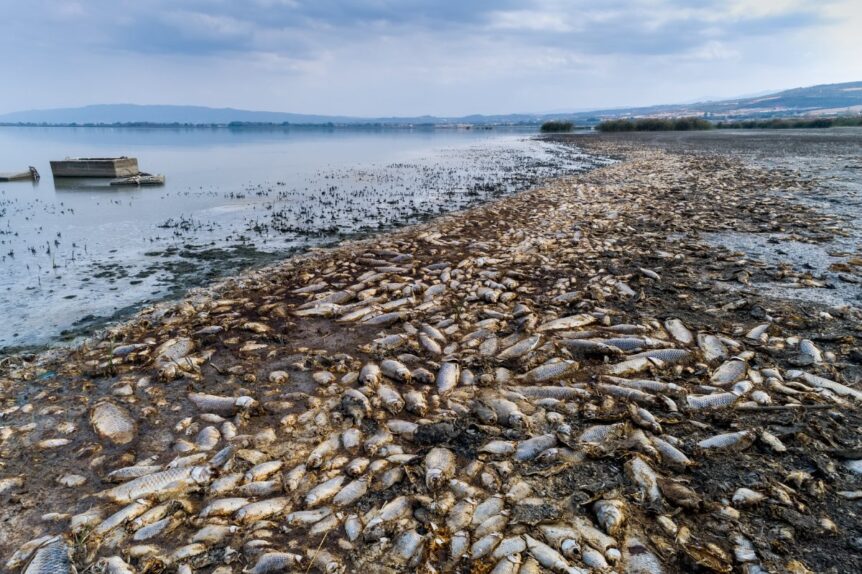A mass die-off of biblical proportions has hit a coastal town in Greece, provoking shock, horror, and increased concerns about extreme weather events in southern Europe.
Coastal Catastrophe
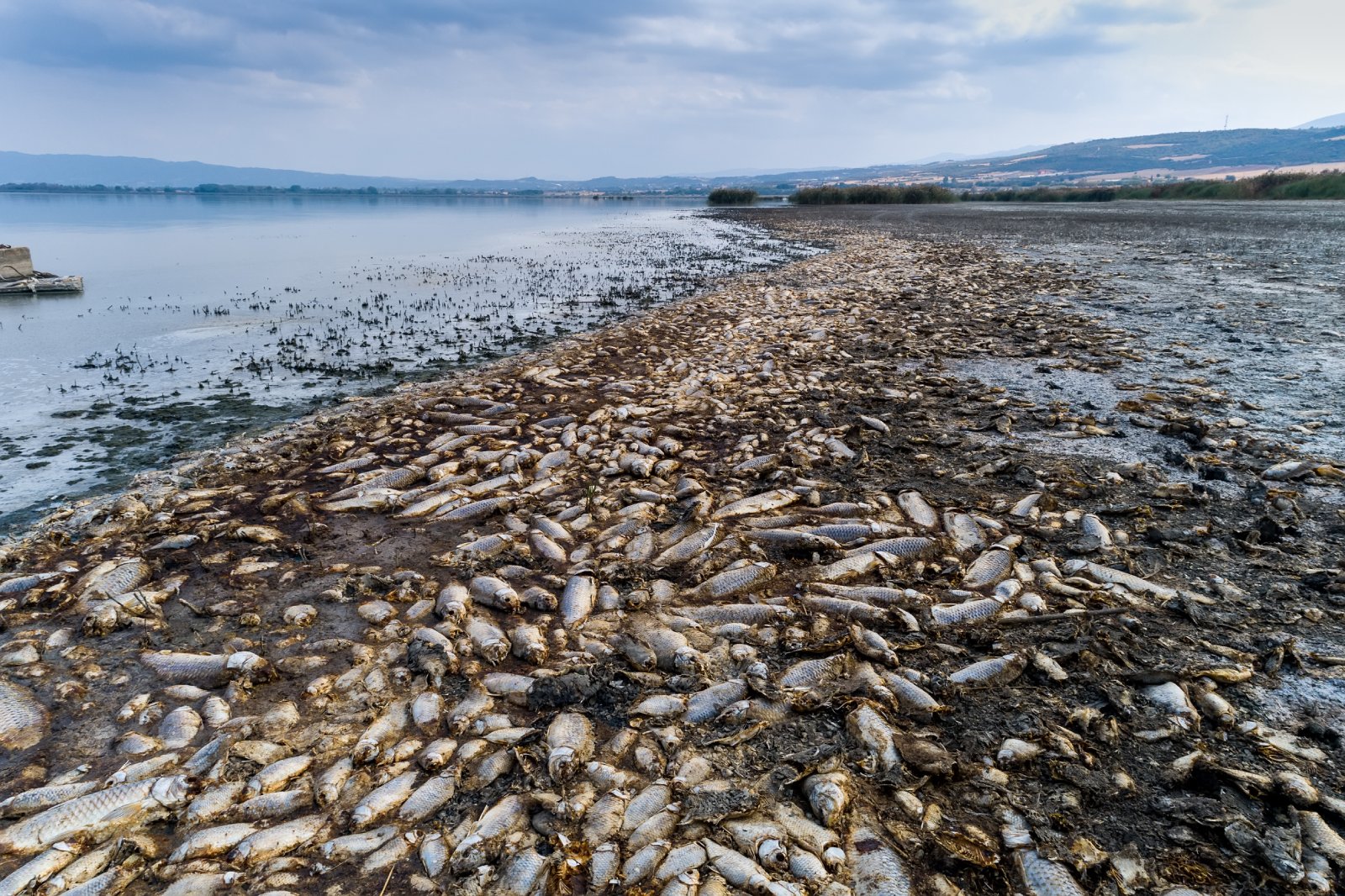
Image Credit: Shutterstock / Ververidis Vasilis
A port city in Greece is grappling with a coastal catastrophe after hundreds of thousands of dead fish clogged up the coastline and waterways around the harbor.
Hordes of Dead Fish

Image Credit: Shutterstock / Gorodenkoff
Volos, a coastal city in the east of Greece, has made headlines due to the sheer number of rotting freshwater fish that washed up around the city on Thursday, stoking fears of an environmental crisis and provoking an official investigation.
Silver Waterways
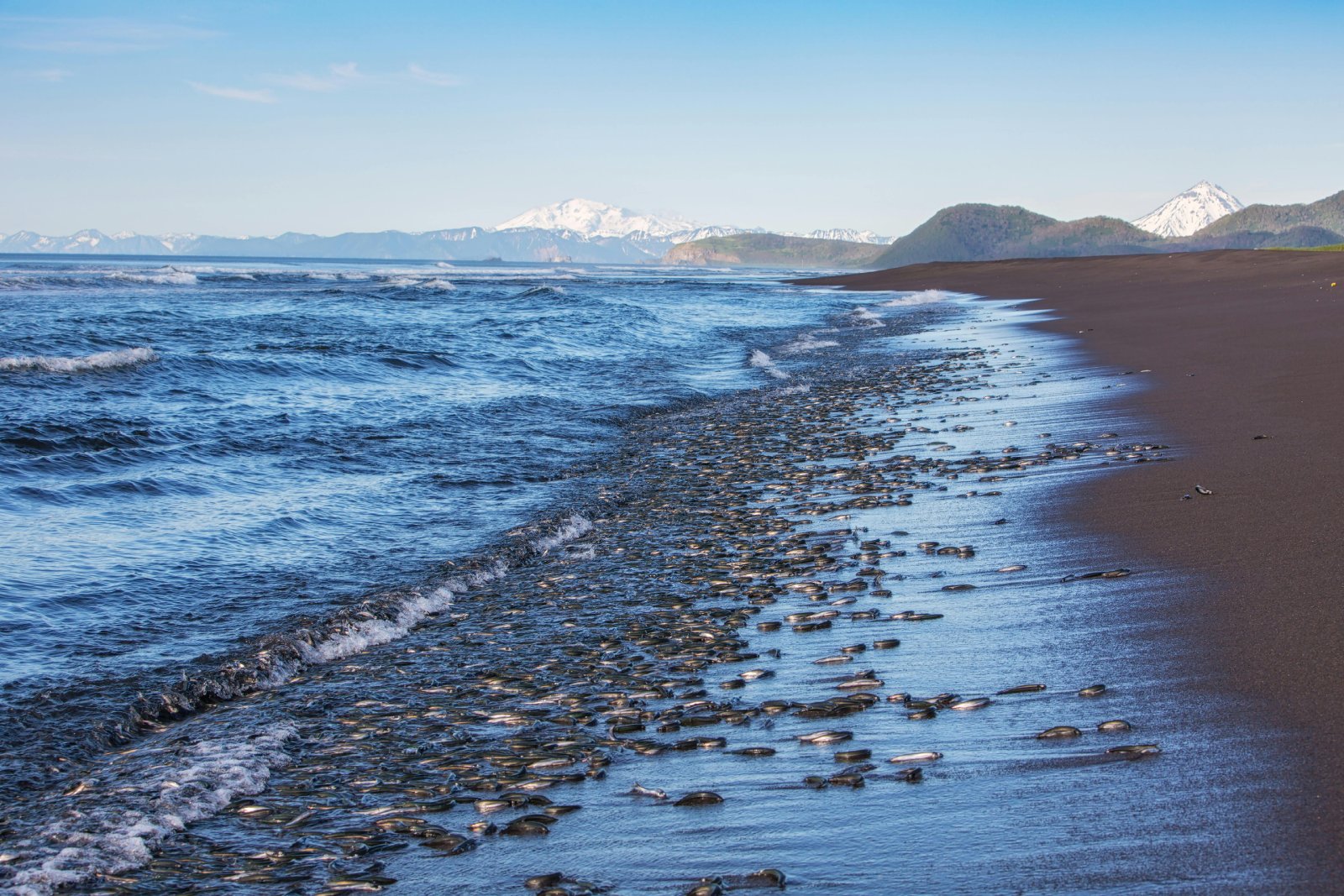
Image Credit: Pexel / Александр Максин
The amount of dead fish was so massive that they flushed the normally blue waters of the port area pure silver as the fish bobbed on the surface.
Spanning Kilometers
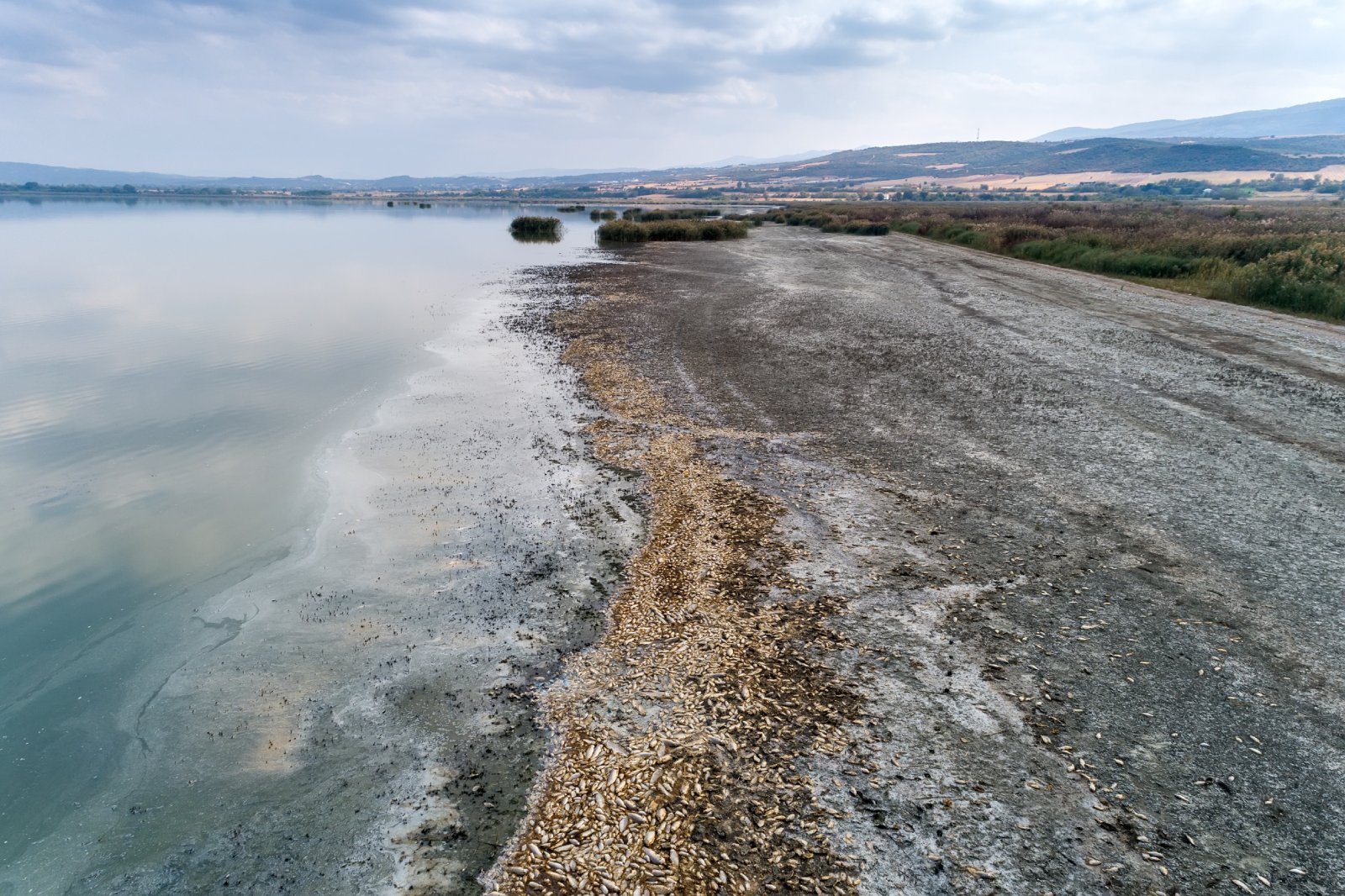
Image Credit: Shutterstock / Ververidis Vasilis
“It spans kilometers,” said Stelios Limnios, a Volos city council member when describing the sight to Reuters. “It’s not just along the coast, but also in the center of the Pagasetic Gulf.”
Lake Karla
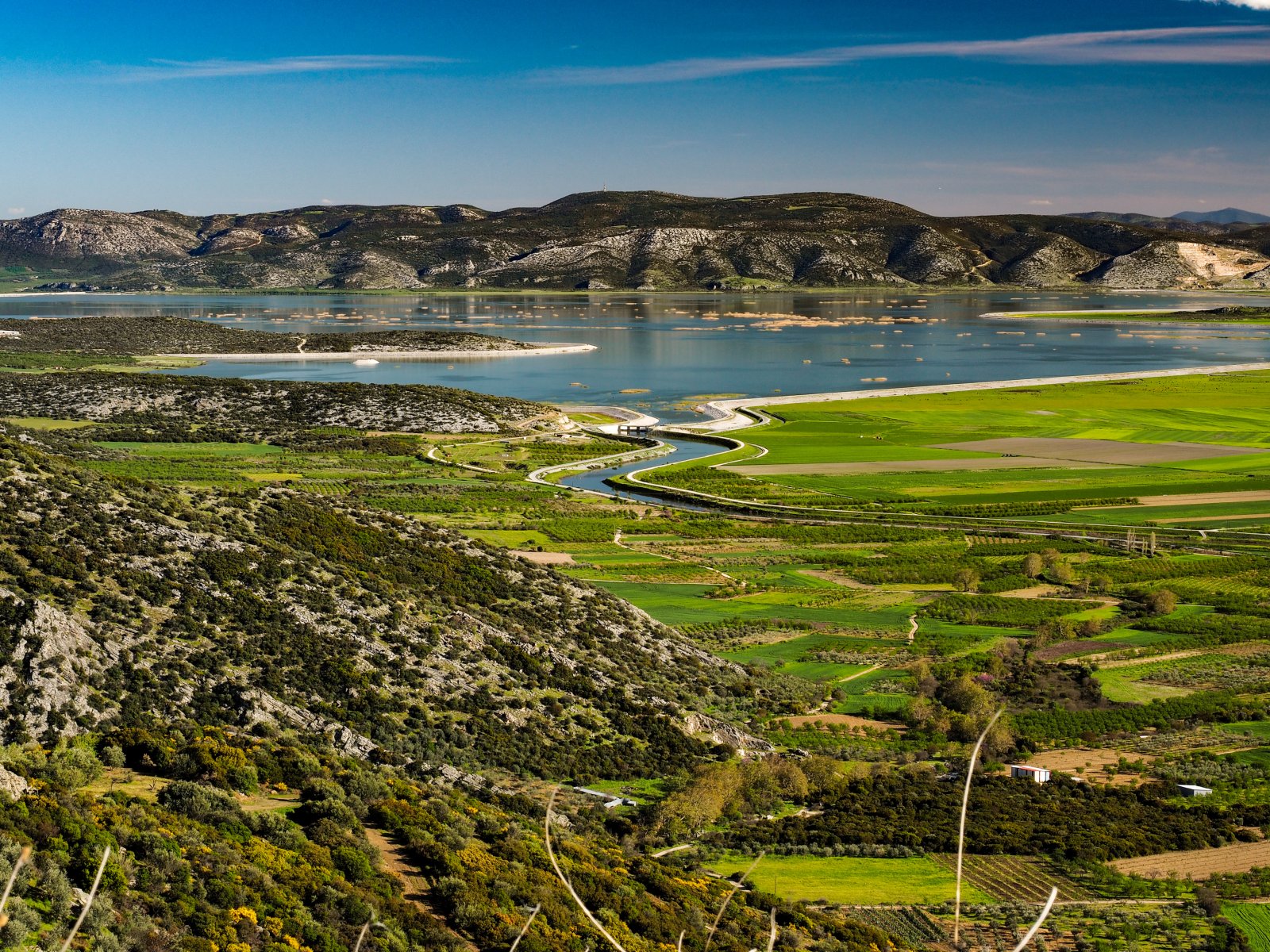
Image Credit: Shutterstock / Chris. P
The fish are believed to have come from Lake Karla in central Greece, where thousands of tons of freshwater has been flowing daily past Volos and into the Pagasitikos Gulf.
Supreme Court Order

Image Credit: Shutterstock / Gorodenkoff
While the country’s Supreme Court prosecutor has ordered an investigation into the cause of the mass death event, experts are already linking it to climate fluctuations and extreme weather events in southern Europe.
Rain and Flooding
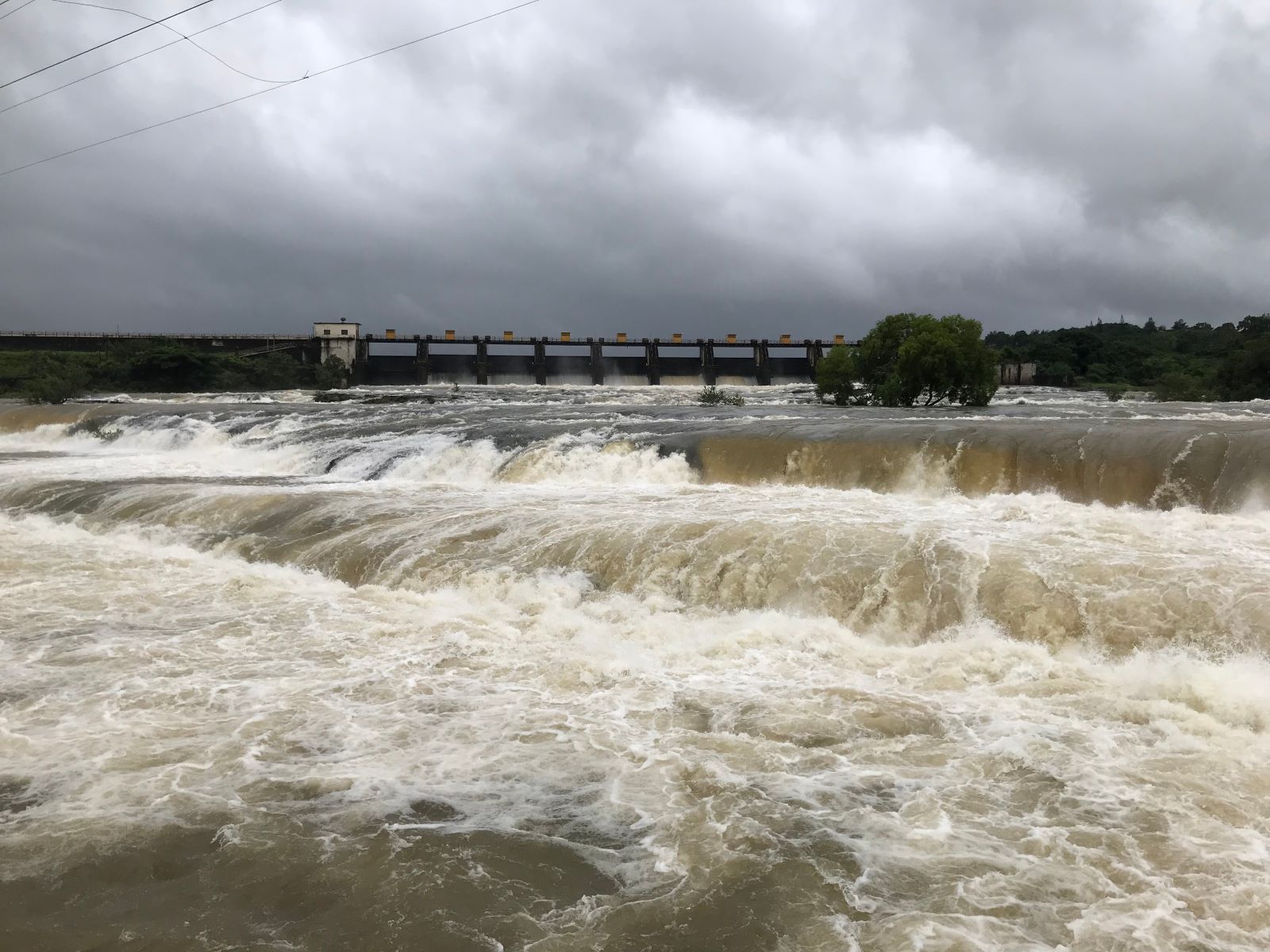
Image Credit: Shutterstock / Swapnil5
Experts believe heavy rain and flooding from last year had a knock-on effect that flushed masses of freshwater fish into the ocean. The fish were then likely killed by the transition to salt water.
Storm Daniel
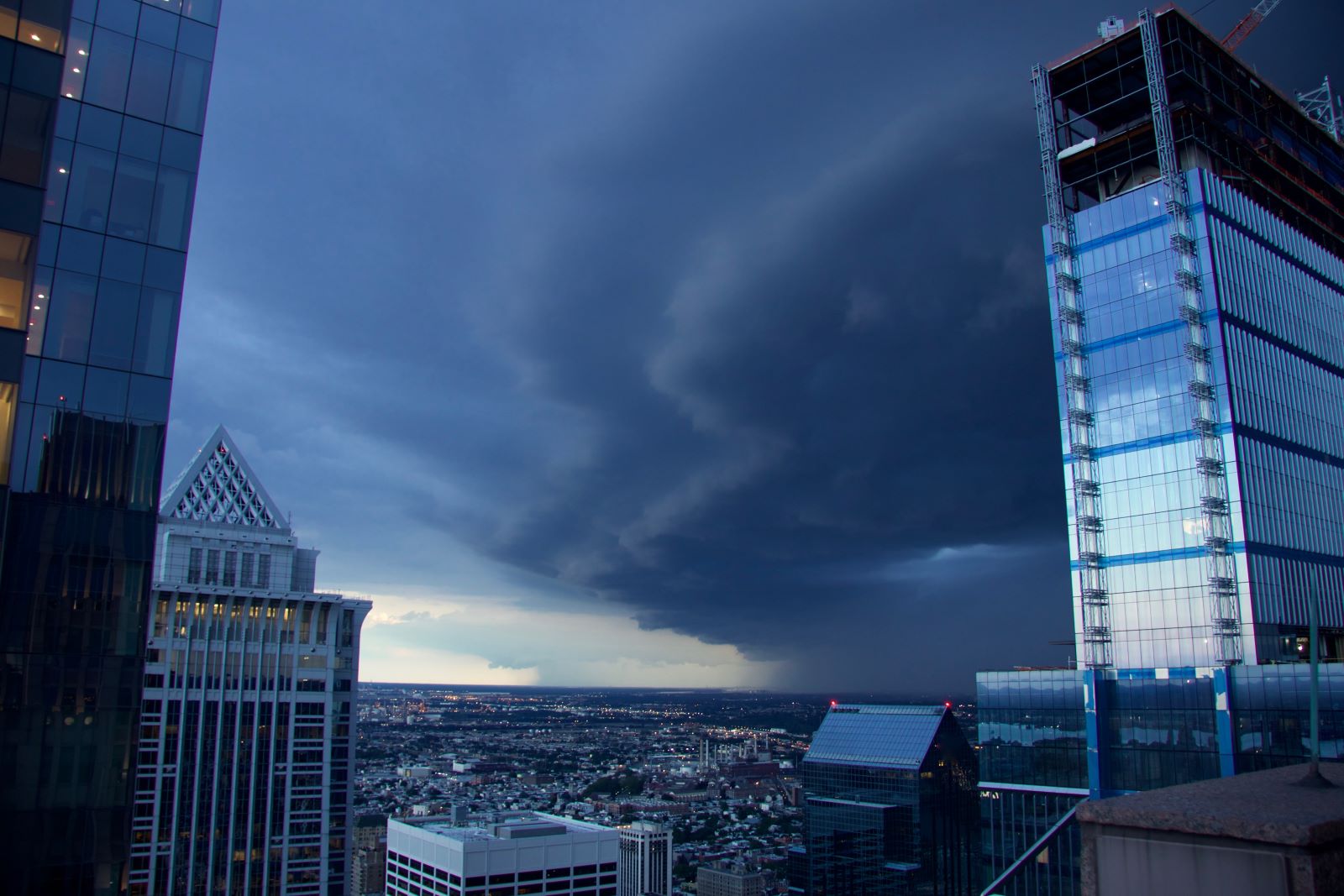
Image Credit: Shutterstock / Clay Cofer
Last September Storm Daniel struck the country, causing extreme flooding that killed 10 people and resulted in mass power outages, water shortages, and billions of dollars worth of damage.
One of Many Extreme Weather Events
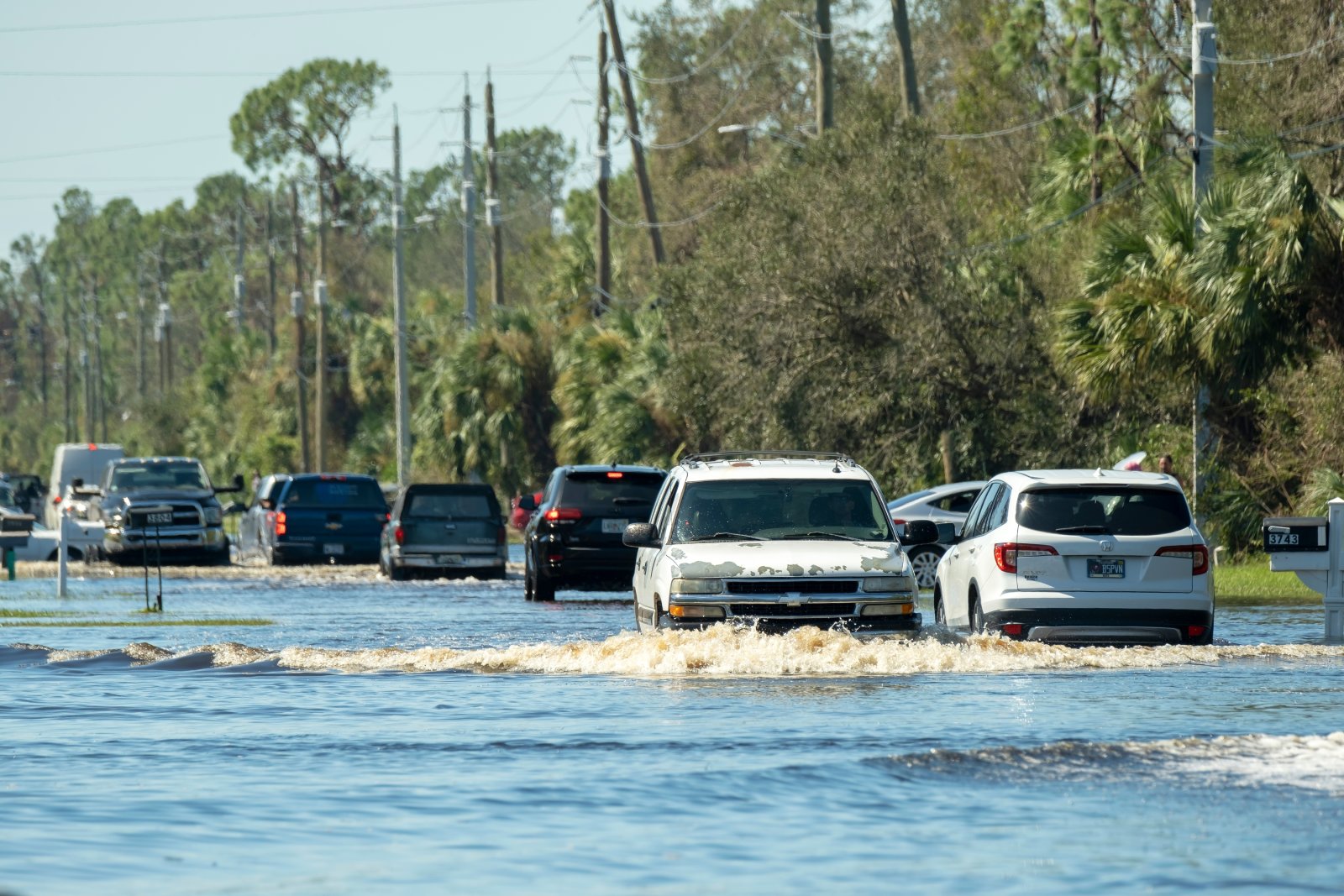
Image Credit: Shutterstock / Bilanol
The resulting flooding was just one of a numbering of concerning weather events and extreme weather patterns that have recently occurred across southern Europe and are linked to climate change.
One Year Later
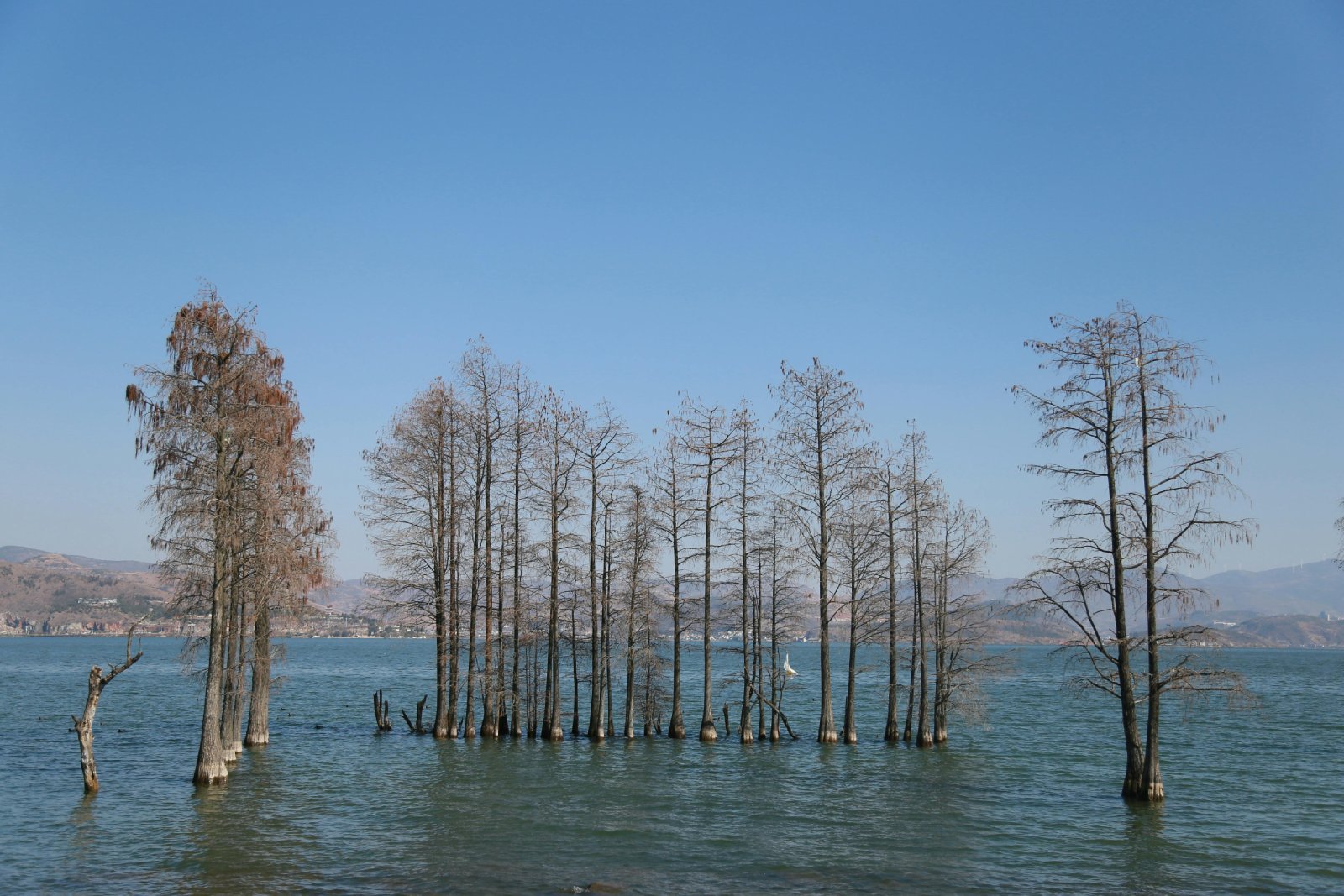
Image Credit: Pexel / Andy Lee
In particular, Storm Daniel flooded Lake Karla and the surrounding land, swelling the lake far beyond its usual size. Almost a year later and has still been flushing out stormwater, pushing freshwater fish out with it.
Linked to Climate Change
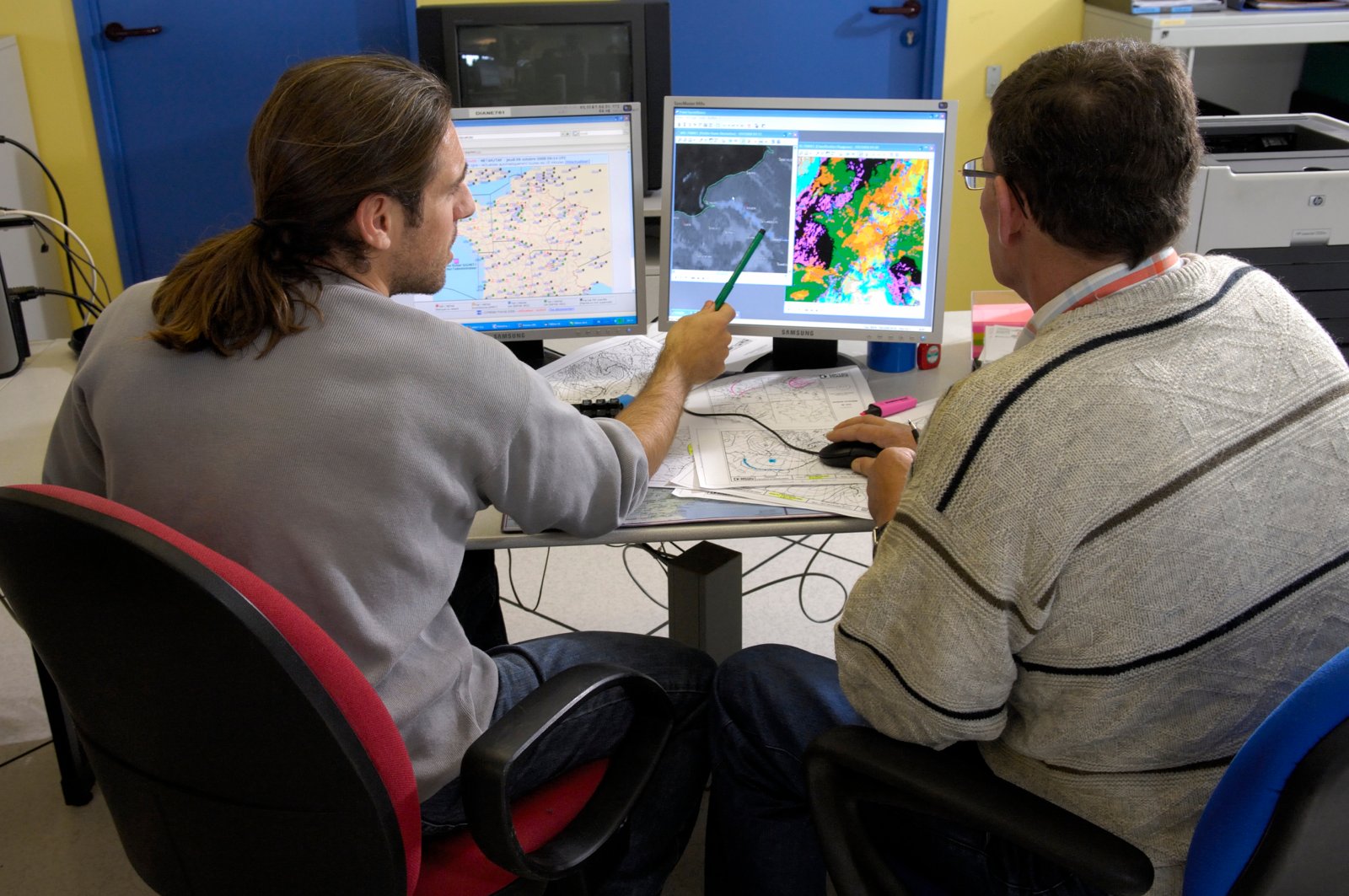
Image Credit: Shutterstock / Leitenberger Photography
Greek authorities have now acknowledged the likelihood that the tons of fish in the gulf are a mass die-off directly linked to climate change, according to ABC News.
Investigation Ongoing
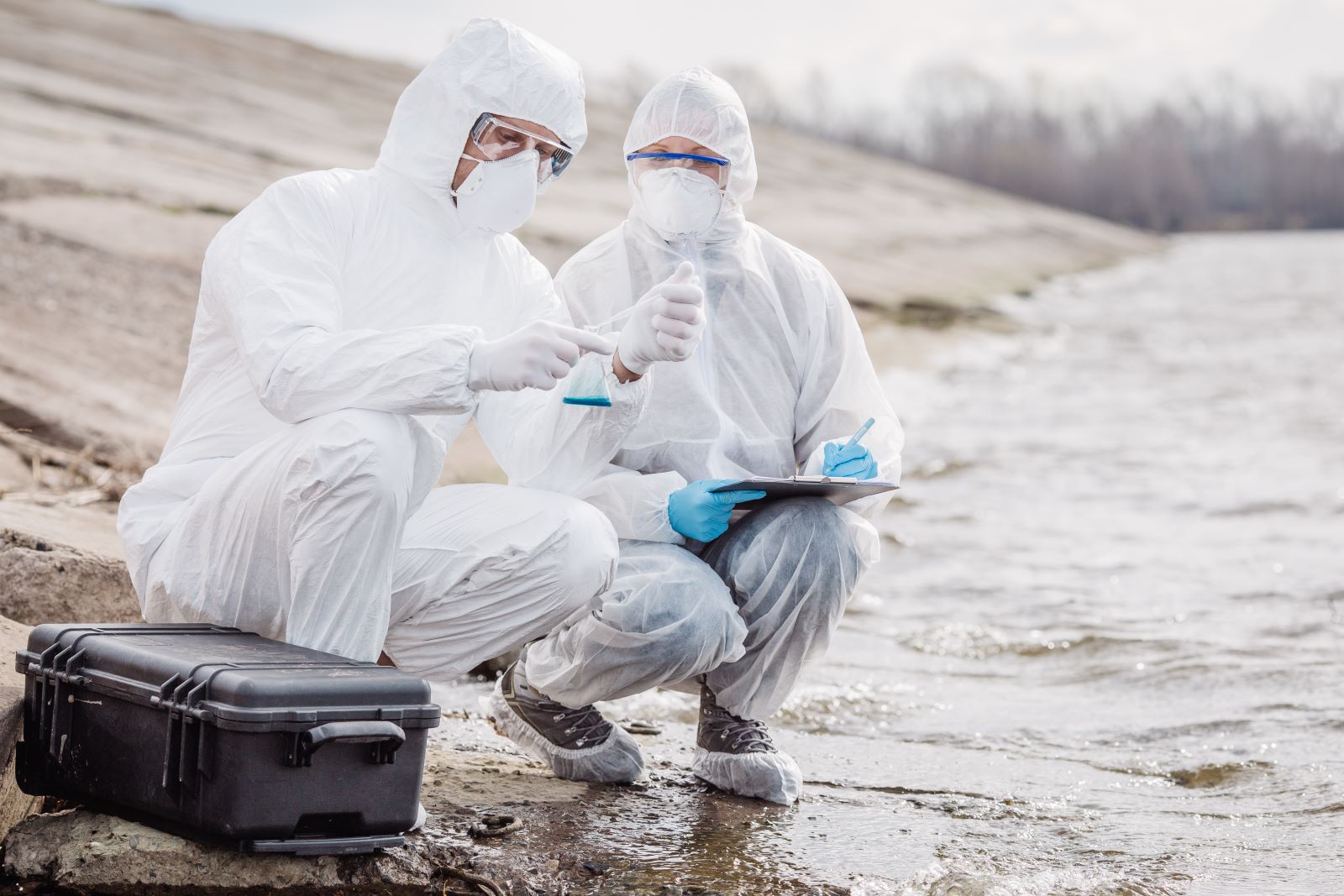
Image Credit: Shutterstock / PRESSLAB
Now, authorities and Volos’ fish experts have been tasked with examining the gates and tunnels around Lake Karla and collecting samples from the mouth of the lake and the dead fish collected from the gulf.
Removal Effort

Image Credit: Shutterstock / Gorodenkoff
An emergency plan has been established just to remove more than 100 tons of fetid fish from the waterways, including the deployment of fishing vessels to help with removal and to stop more fish from pouring into the ocean.
Economic Impact

Image Credit: Pexels / Kampus Production
The shocking site of waterways swollen with rotting fish hasn’t just shocked and upset local residents and visitors in Volos – it has also had a direct effect on the local economy.
80% of Business Gone
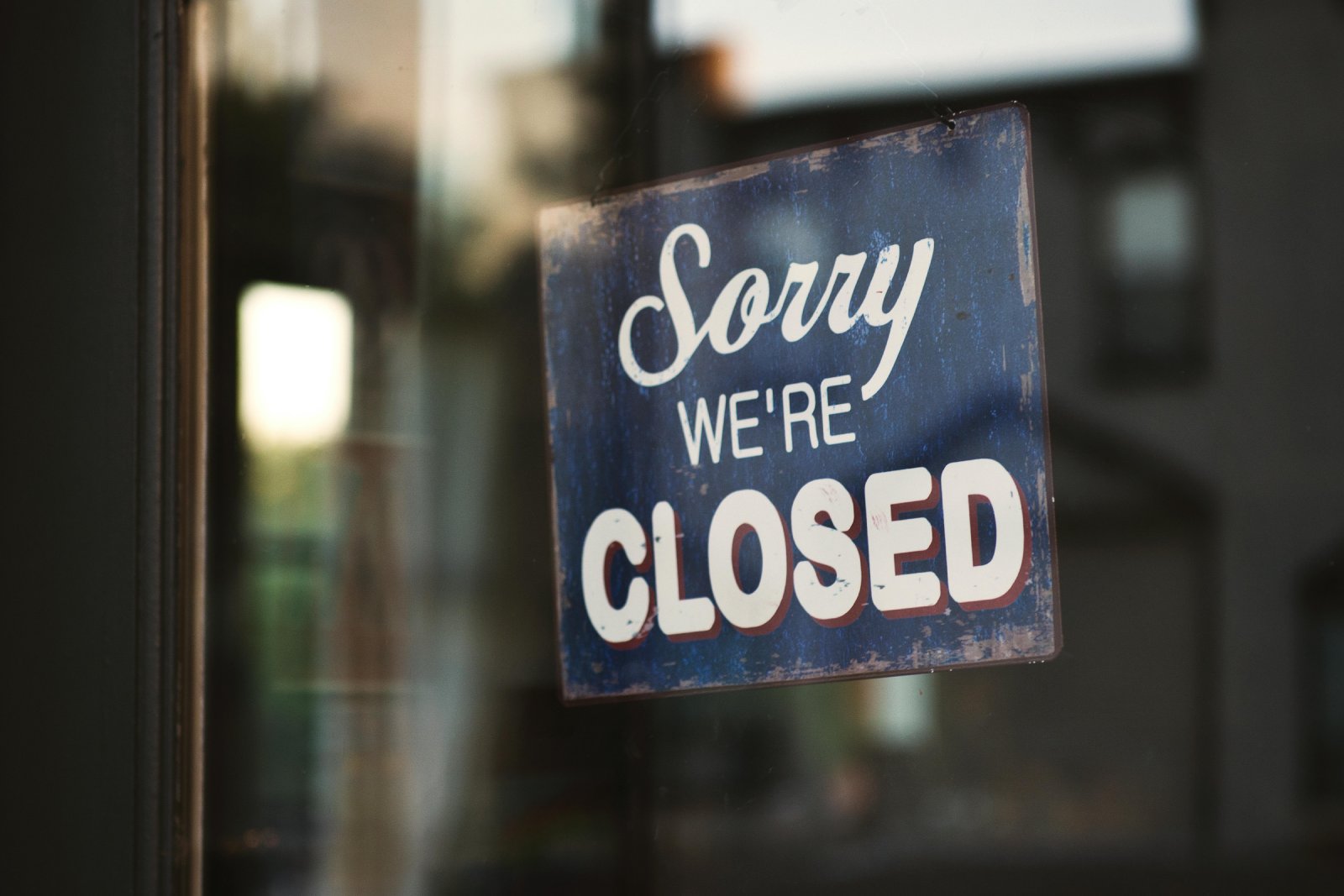
Image Credit: Pexel / Tim Mossholder
Local businesses along the seafront in Volos, usually teeming with activity, have lost 80% of their business in the last 3 days, according to the city’s Chamber of Commerce.
Rotten Smell

Image Credit: Shutterstock / Krakenimages.com
Vessels and machinery have been working hard to remove the mountains of fish from the water, but the smell of rotting fish has become unbearable, city mayor Achilleas Beos told Reuters.
40 Tonnes in 24 Hours
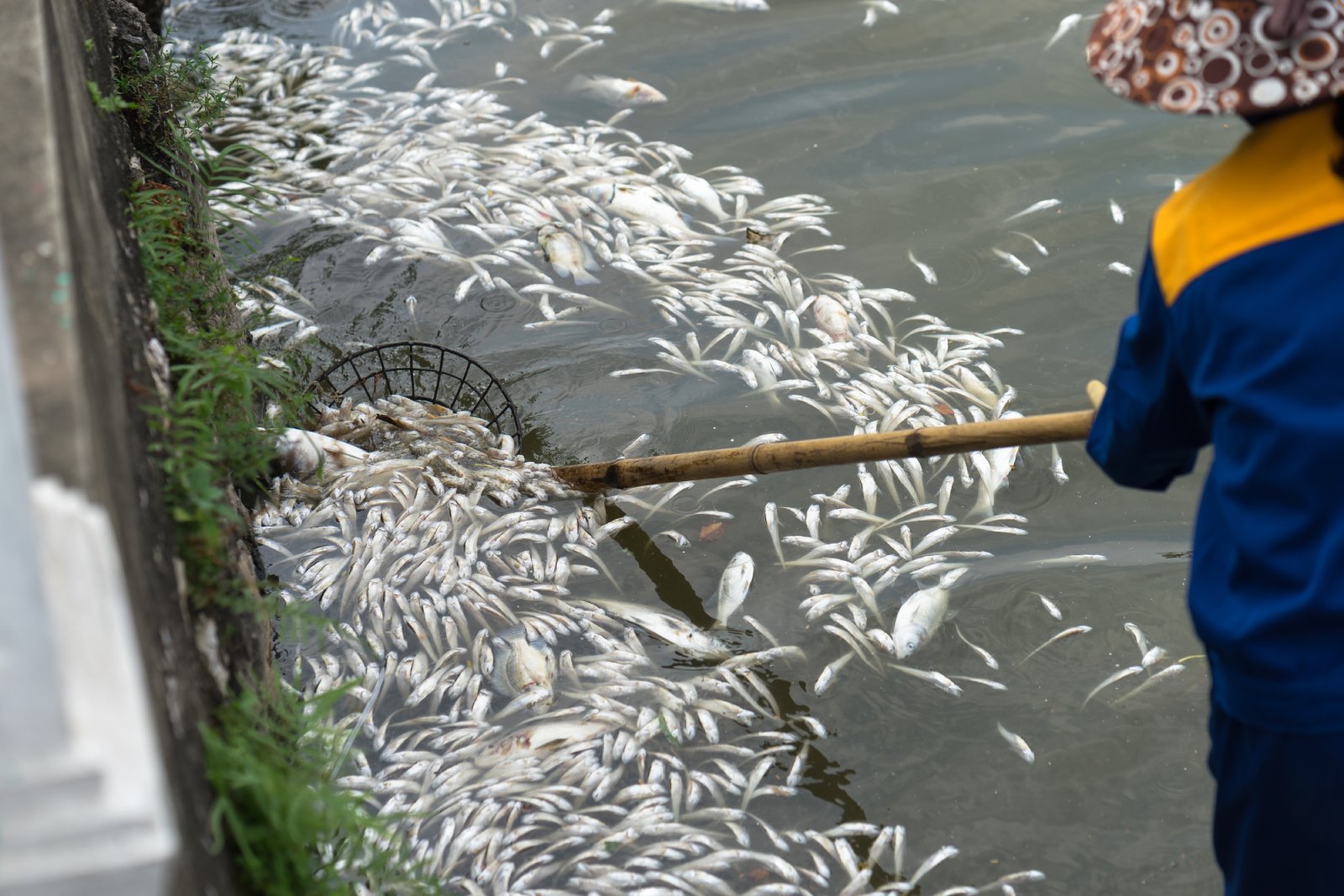
Image Credit: Shutterstock / Vietnam Stock Images
It has taken trawlers and machinery more than 24 hours to collect 40 tonnes of fish, based on estimates from Volos authorities.
Pointing the Finger

Image Credit: Shutterstock / fizkes
While the cleanup is well underway, there are still plenty of issues remaining. Mayor Beos has pointed the blame for the environmental catastrophe at the national government, which should have placed nets at the mouth of the river after Storm Daniel hit.
Failure to “Do the Obvious”

Image Credit: Shutterstock / aerogondo2
“They didn’t do the obvious, to put a protective net,” the mayor said in a news conference, which government officials have not yet responded to.
Raising Questions About the Future

Image Credit: Pexels / Yan Krukau
It also raises the question of what the future will look like for cities and municipalities that rely on fishing and tourism, like Volos, as extreme weather and climate fluctuations in southern Europe show no sign of stopping.
Featured Image Credit: Shutterstock / Ververidis Vasilis.
The images used are for illustrative purposes only and may not represent the actual people or places mentioned in the article.

